Vaccine against tuberculosis is repurposed against diseases such as diabetes and MS
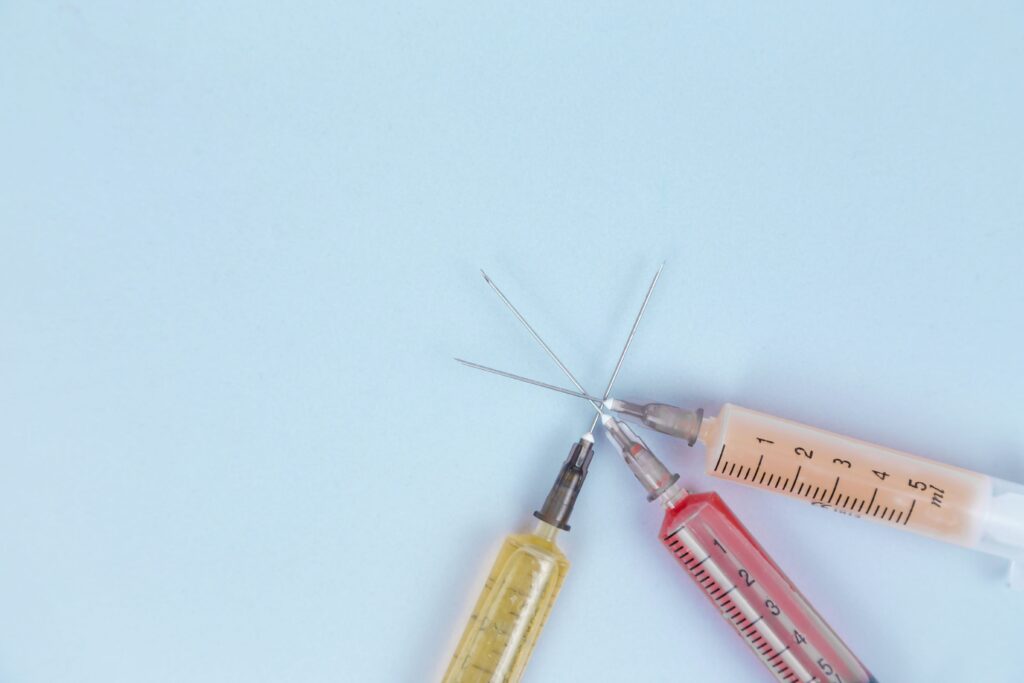
Around the world, a vaccine to prevent tuberculosis is being developed by volunteers in studies that have nothing to do with tuberculosis, called Bacillus Calmette-Guérin, or BCG, the shot is being tested as a treatment for type 1 diabetes, Alzheimer’s disease, multiple sclerosis and even COVID-19. BCG is a live but weakened version of Mycobacterium bovis, a relative of tuberculosis, the bacterium that causes the infectious lung disease known as TB. The vaccine has been around for 100 years and is routinely given to children in almost all non-Western nations.
Almost as soon as BCG was introduced in the 1920s, researchers noted a decline in infant deaths in some places where the vaccine was used; later studies revealed that the vaccine protects against a variety of infections. Much more recently, a single dose of the vaccine reduced the risk of respiratory infections in elderly study participants compared to those who received a placebo.
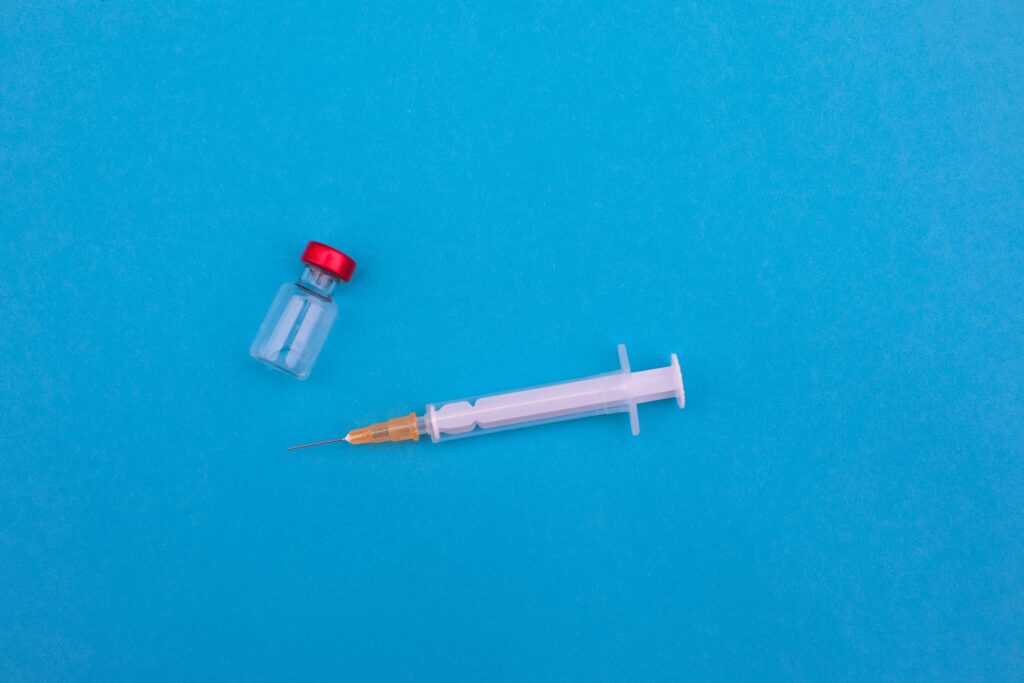
The vaccine appears to boost immunity in some situations, but contradictorily, BCG can also calm an overactive immune system, it is this calming effect that made researchers take a look at BCG for autoimmune and inflammatory diseases, such as eczema, asthma, allergies and multiple sclerosis. In MS (multiple sclerosis), a disease in which the immune system attacks nerve cells in the brain and spinal cord, BCG appears to slow brain damage.
Patients are excited about the prospect of an inexpensive treatment that, while not a cure, could make their lives easier. With type 1 diabetes on the rise, currently affecting 1.6 million people in the United States, and with the high cost of insulin, anything that can help patients regulate blood sugar without raising insulin dosage could have a big impact.
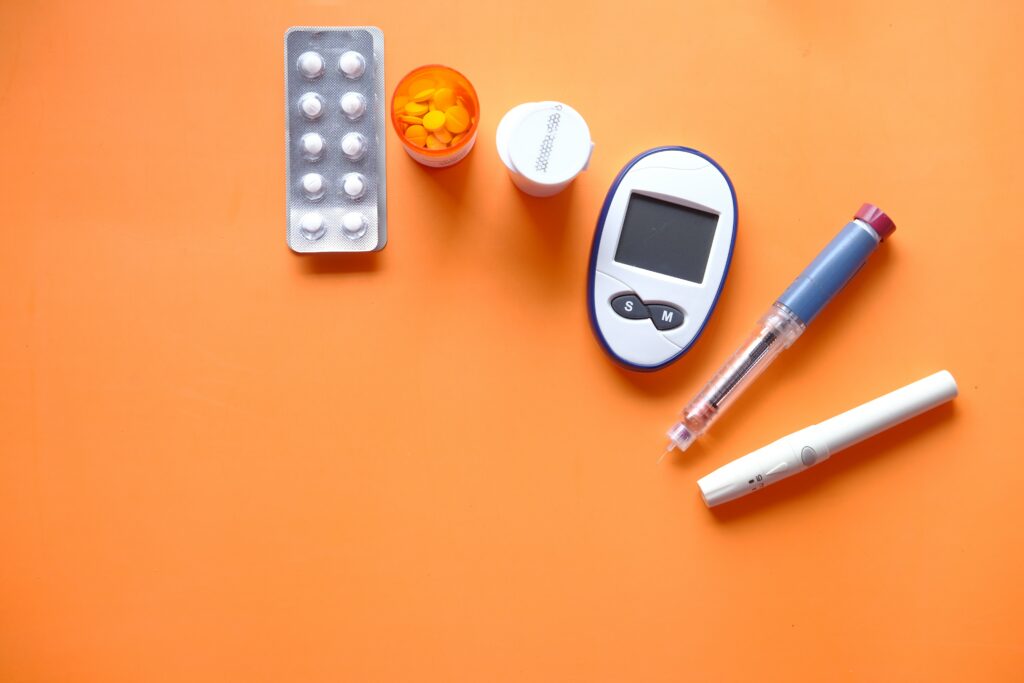

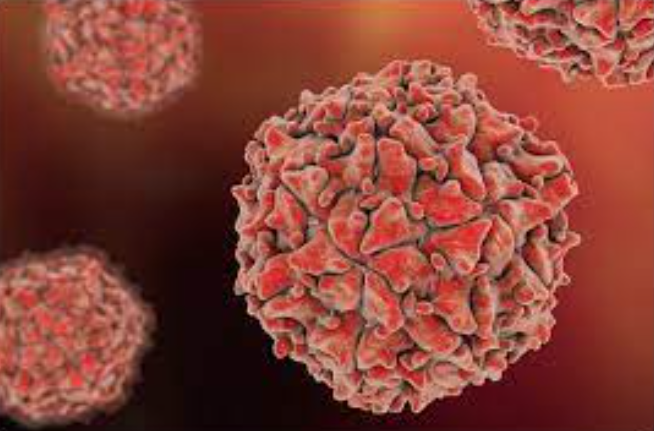
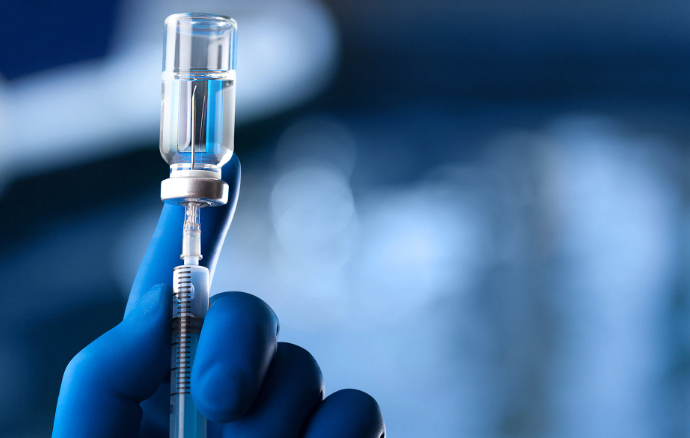

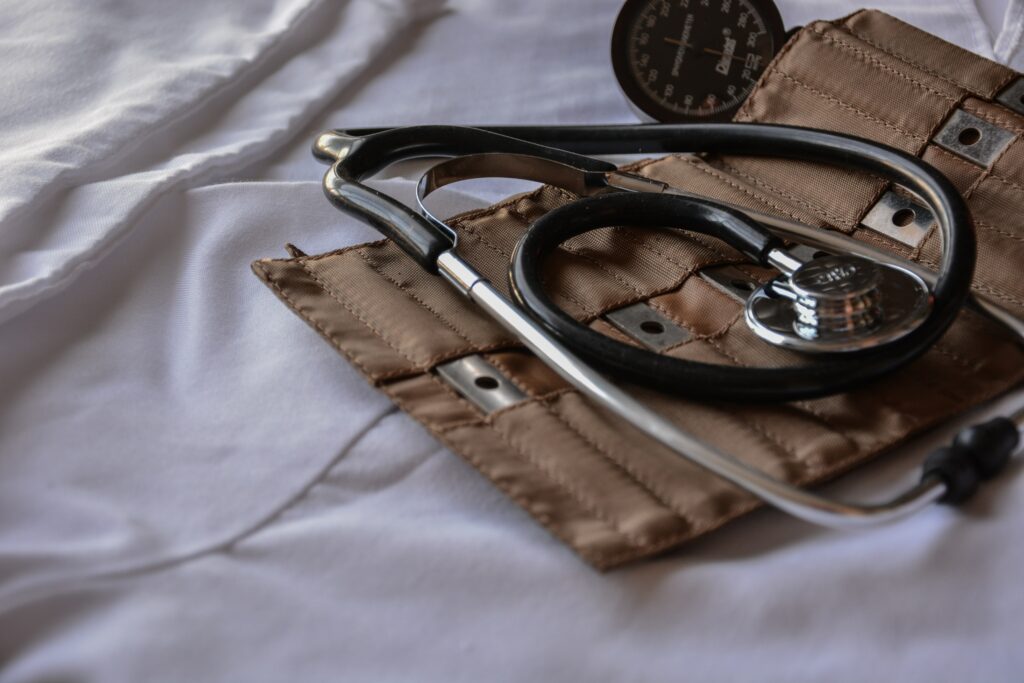
Responses